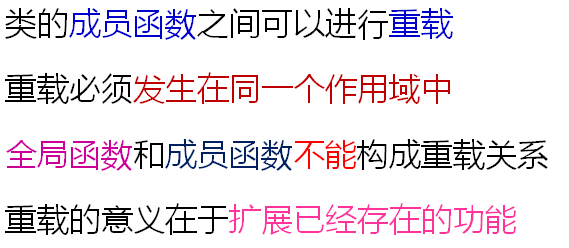函数重载回顾:
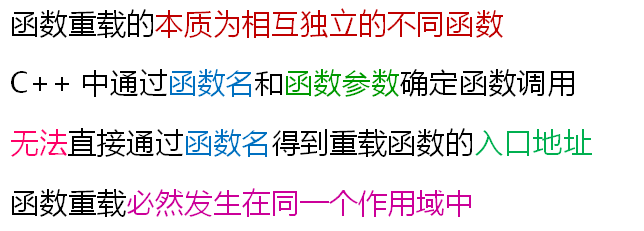
类中的重载:
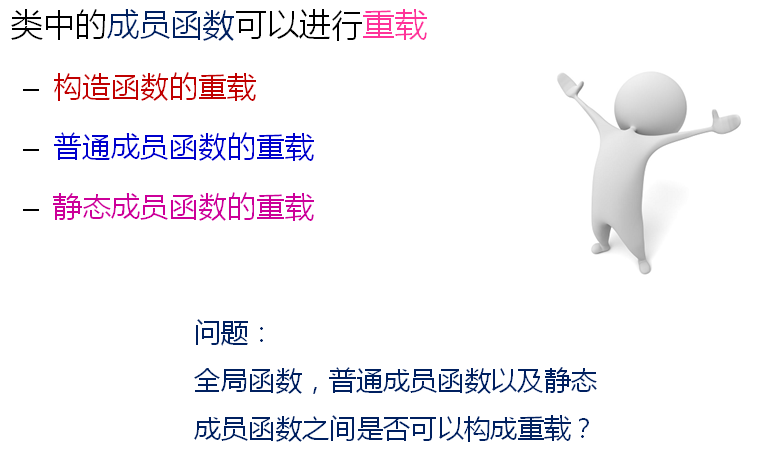
万变不离其宗:
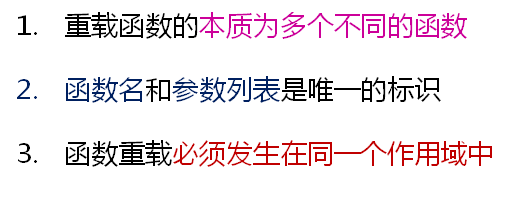
类中的普通成员函数和静态成员函数也够成重载。
示例程序:
1 #include <stdio.h> 2 3 class Test 4 { 5 int i; 6 public: 7 Test() 8 { 9 printf("Test::Test()\n"); 10 this->i = 0; 11 } 12 13 Test(int i) 14 { 15 printf("Test::Test(int i)\n"); 16 this->i = i; 17 } 18 19 Test(const Test& obj) 20 { 21 printf("Test(const Test& obj)\n"); 22 this->i = obj.i; 23 } 24 25 static void func() 26 { 27 printf("void Test::func()\n"); 28 } 29 30 void func(int i) 31 { 32 printf("void Test::func(int i), i = %d\n", i); 33 } 34 35 int getI() 36 { 37 return i; 38 } 39 }; 40 41 void func() 42 { 43 printf("void func()\n"); 44 } 45 46 void func(int i) 47 { 48 printf("void func(int i), i = %d\n", i); 49 } 50 51 int main() 52 { 53 func(); 54 func(1); 55 56 Test t; // Test::Test() 57 Test t1(1); // Test::Test(int i) 58 Test t2(t1); // Test(const Test& obj) 59 60 func(); // void func() 61 Test::func(); // void Test::func() 62 63 func(2); // void func(int i), i = 2; 64 t1.func(2); // void Test::func(int i), i = 2 65 t1.func(); // void Test::func() 66 67 return 0; 68 }
运行结果如下:
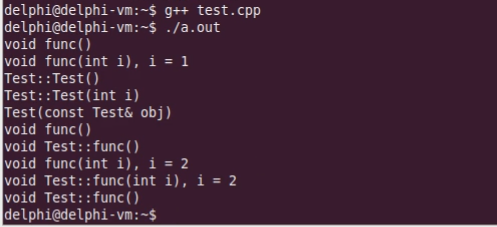
深度的意义:
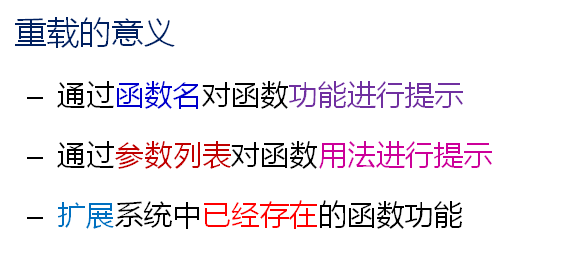
重载的意义分析:
1 #include <stdio.h> 2 #include <string.h> 3 4 char* strcpy(char* buf, const char* str, unsigned int n) 5 { 6 return strncpy(buf, str, n); 7 } 8 9 int main() 10 { 11 const char* s = "D.T.Software"; 12 char buf[8] = {0}; 13 14 //strcpy(buf, s); 15 strcpy(buf, s, sizeof(buf)-1); 16 17 printf("%s\n", buf); 18 19 return 0; 20 }
strncpy实现的功能和strcpy差不多,但是又多了一个名字,导致容易记忆混乱,因此,我们采用strcpy重载的方式将strncpy封装起来。
运行结果如下:

意义在于:我们通过重载扩展了strcpy这个函数,使得它变成了三个参数。而我们不用再记strncpy这个函数名字。
函数重载可以扩展库中已有的函数。
思考:

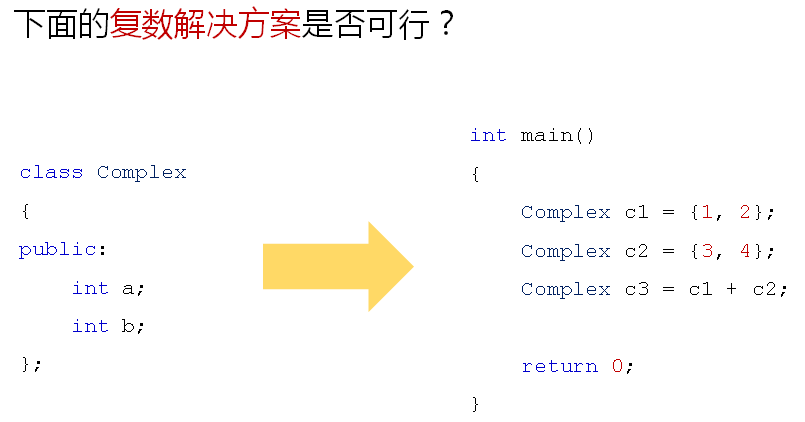
我们可以通过重载扩展加法的功能。
小结:
